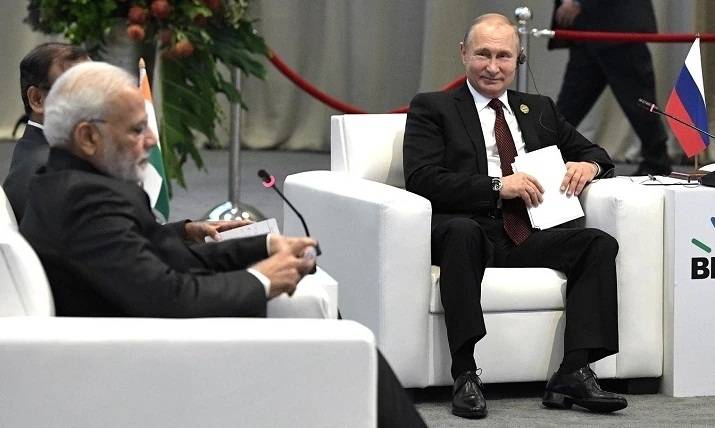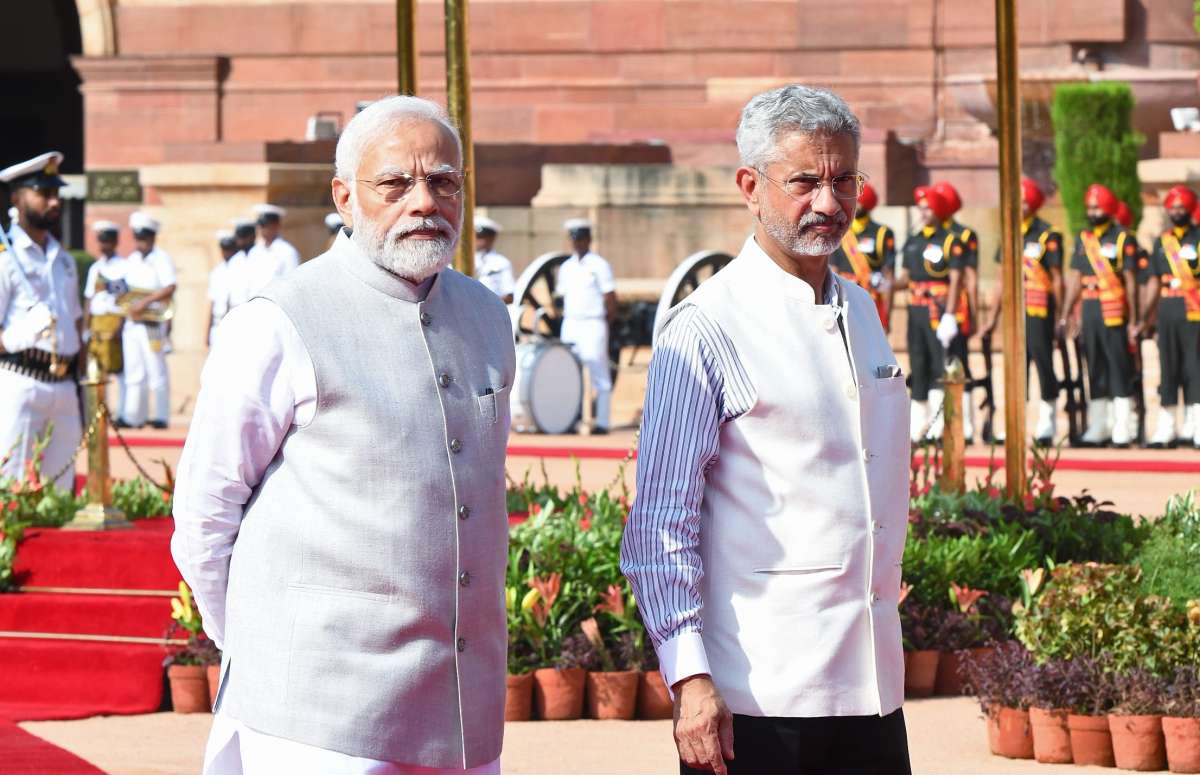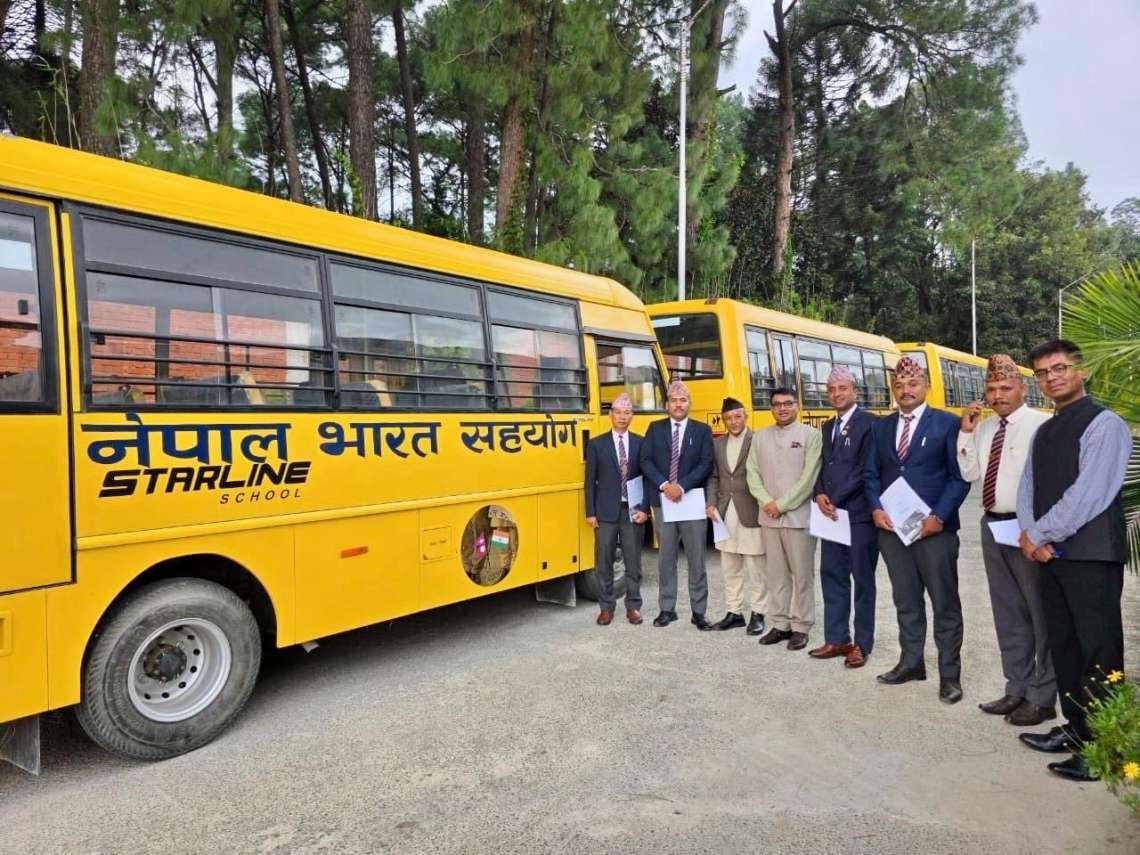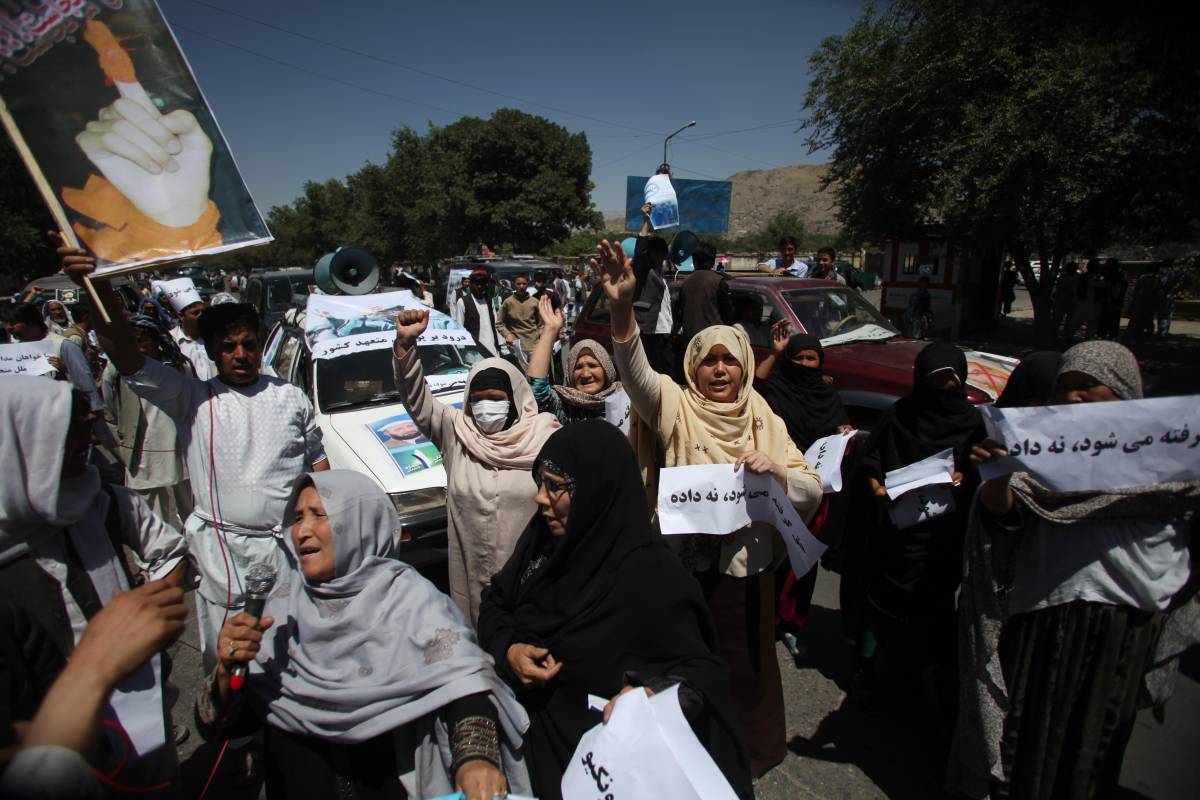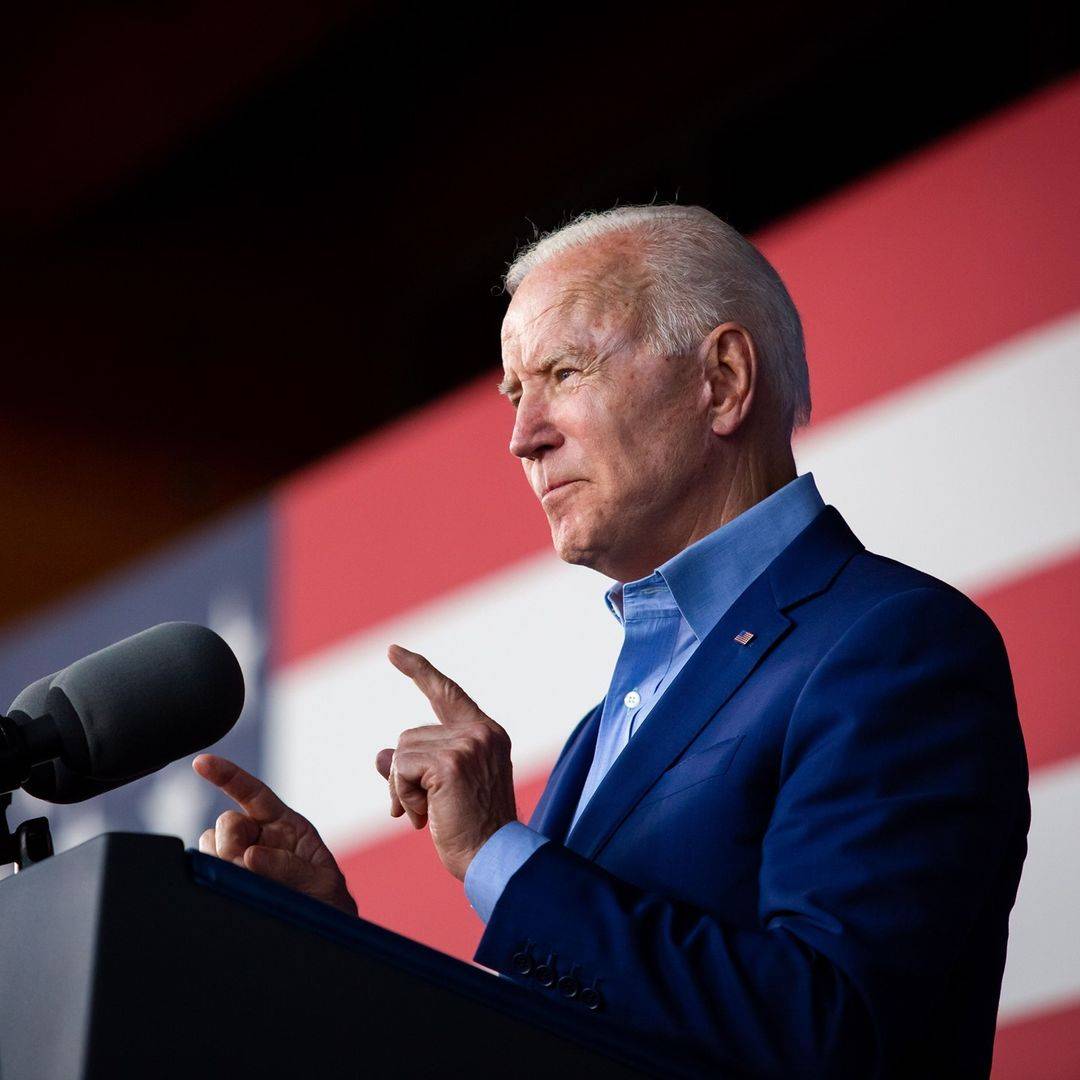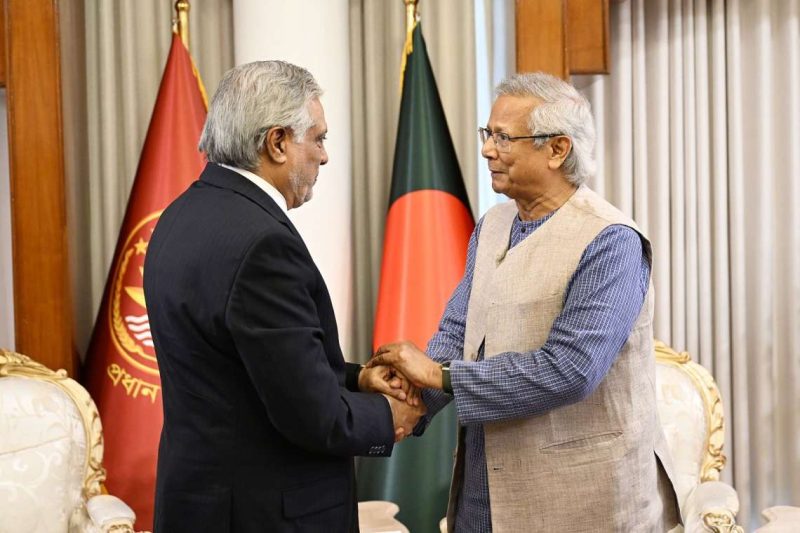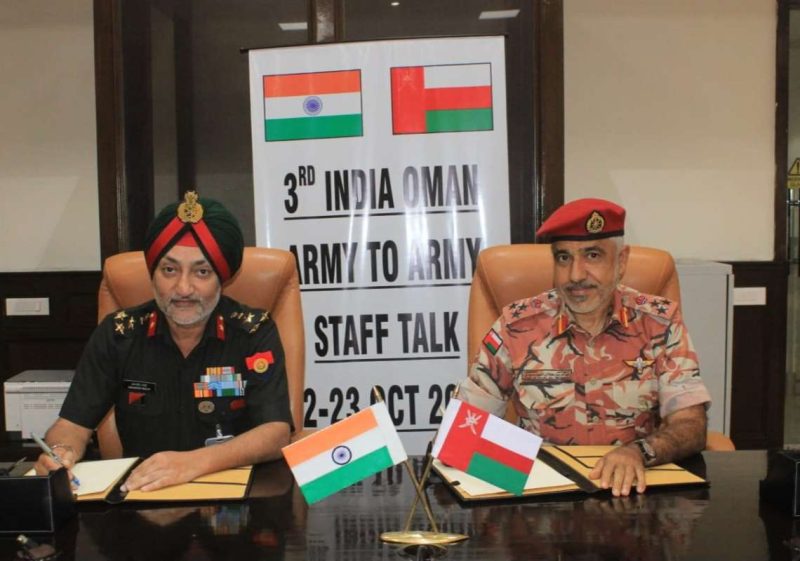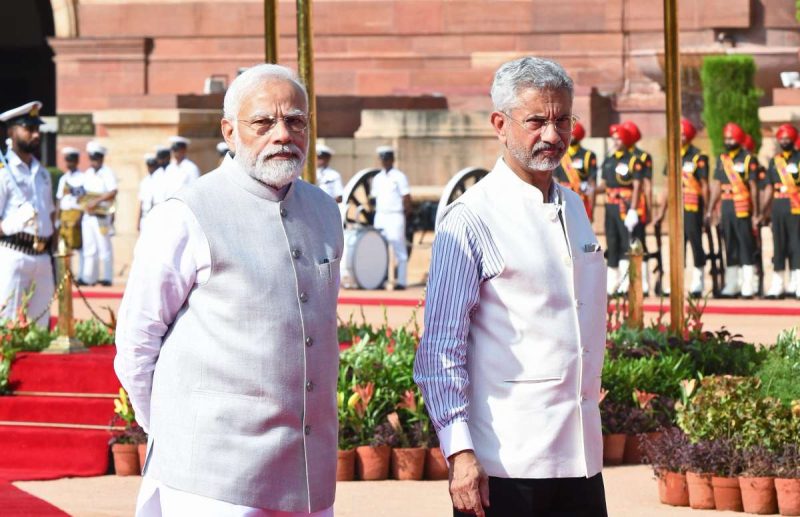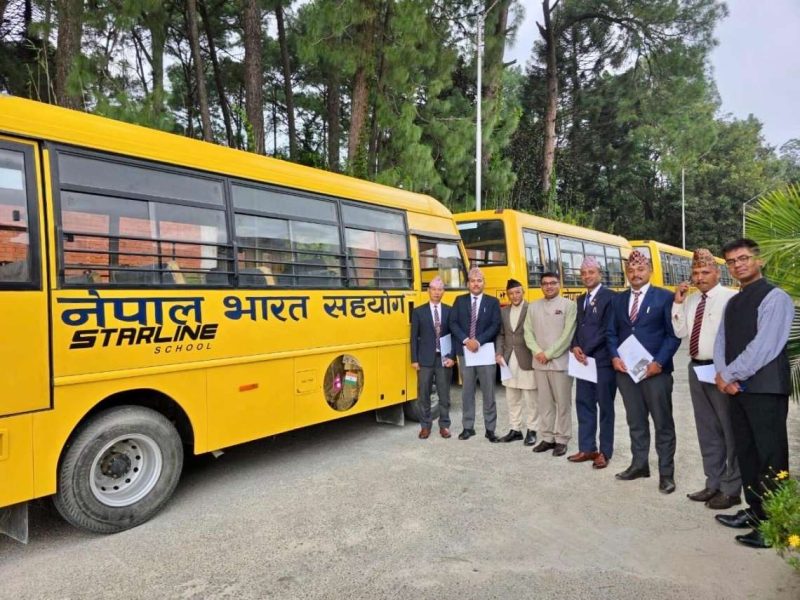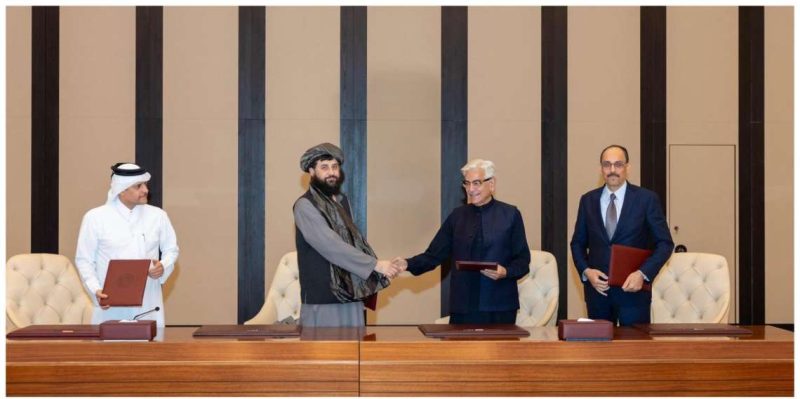We are heading toward a more divided and unstable world geo-politically and geo-economically. The existing global structures that in any case needed reform are breaking up. A new Cold War has begun, writes Kanwal Sibal
India, as well as others, should draw some hard lessons from the wide fall-out of the Ukraine crisis. One, it has proved that possession of a mighty nuclear arsenal neither earns you the desired respect nor does it guarantee security beyond a point. Russia has been humiliated over the years, its security has been threatened with the relentless expansion of NATO and dismissal of its protests. Nuclear weapons are clearly not a deterrence against economic warfare, real economic muscle is necessary for that. The lesson for India’s political and entrepreneurial class is to understand better our vulnerabilities and double down on “atmanirbharta”.
Two, the structures of the existing “international order” are breaking down further. The UN is again demonstrating its impotency to establish peace, which is not the same as countries scoring diplomatic points against each other in the UN Security Council or the General Assembly.
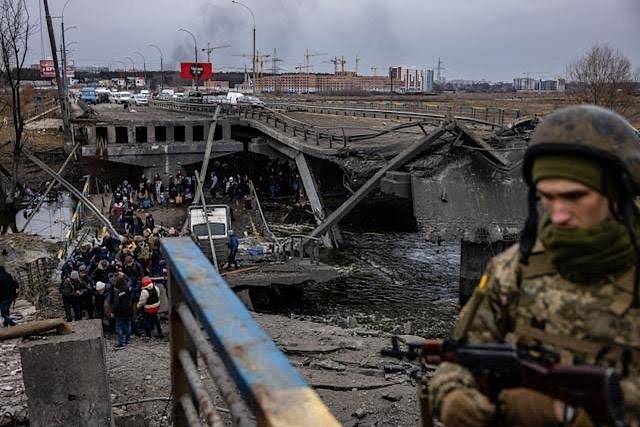
Three, the Europeans themselves were bemoaning the decline of multilateralism after the advent of Trump. Now the Europeans have joined the Americans to deliver a major blow to multilateralism by imposing unprecedented sanctions on Russia without declaring a war with little concern about their damaging effect on the rest of the world.
The structures of the World Trade Organisation (WTO) were already being undermined by the US under Trump. Now, with the US and the EU withdrawing Russia’s MFN status, international trading rules are being seriously breached for purely political reasons. The idea of expelling Russia from the WTO and the IMF or, in the case of the latter, not allowing it access to SDRs- whether that is feasible or not- shows the weakness of the West’s inherent commitment to multilateralism.
ALSO READ: American killed in Russian attack, US confirms
Four, much is made of the arguments about observing the rule of law and upholding international rules. Unilateral sanctions by powerful countries without UN approval are an arbitrary exercise of power and rule-setting by the strong for other countries to adhere to under the pain of punishment. These sanctions have been applied by the US and EU to Russian members of parliament for voting legally on issues of national interest, even personally against President Putin and Foreign Minister Lavrov, members of Russia’s National Security Council and Putin’s close entourage, as well as top Russian businessmen for the sin of being close to Putin.
The Russian Central Bank and major Russian banks have been sanctioned, with Russia expelled from the Swift system. Visa and Mastercard have quit Russia, as also US and UK oil majors. The US has banned the import of oil and gas from Russia. American and European airspace has been denied to Russian airlines. Boeing and Airbus will no longer service Russian owned aircraft. The property and funds held abroad by Russians have been confiscated without due process of law. The frenzy of sanctions includes the Russians, including those handicapped, from international sports. Russian music conductors have been fired from their positions from western orchestras for not condemning Putin for invading Ukraine. An economic and societal war has been declared on Russia. President Biden claimed in his State of the Union address that Russia’s foreign exchange reserves of $630 billion had been made “worthless”. It is not clear under what provisions of a rules based order or the rule of law these steps fall. The lesson here is that a whole ruling political, business and cultural class of a country can be treated as outlaws and subject to reprisals by the West if required.
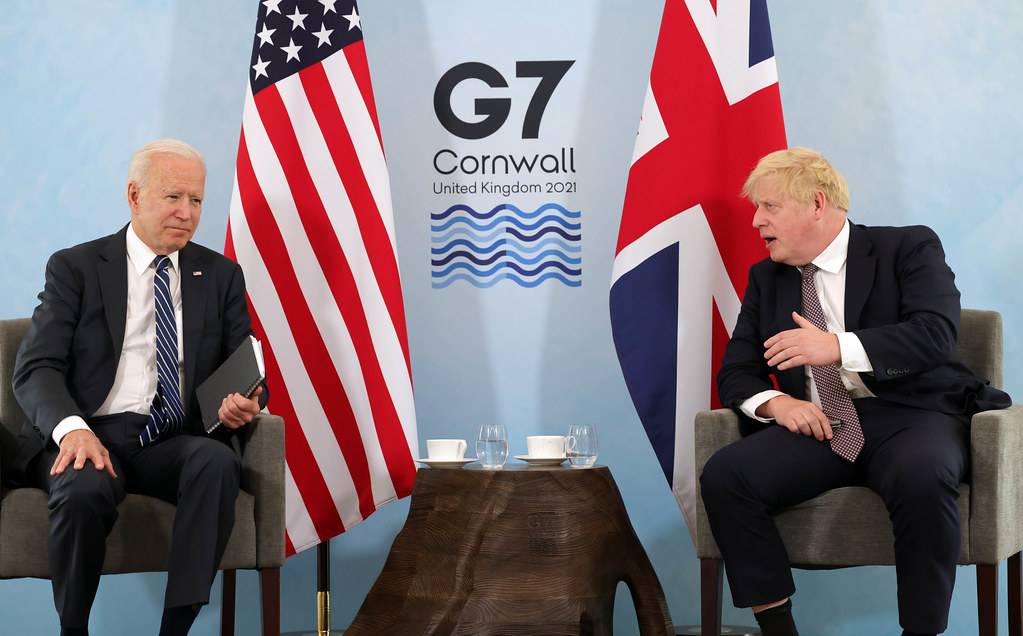
Five, the lesson to learn is that the West controls the global financial system to the point that the ownership of whatever assets governments, private companies or individuals from other countries hold abroad can be seized arbitrarily depending on politics. The hegemony of the US $ has been powerfully demonstrated in Russia’s case. The G-7 is once again calling the shots, with the G-20 losing its salience in stabilising the world’s financial system. If China has been rightly criticised for weaponising global supply chains and critical raw materials and triggered moves to decoupling, on-shoring, resilient supply chains etc., the US and EU have gone much further in trying to comprehensively weaponise finance, trade, investment and technology. The blow to globalisation and interdependence has been deep.
One can therefore expect countries to develop alternative systems of international bank transfers and payment systems as well as defences against the hegemony of the US $ by trading more in their respective currencies.
ALSO READ: US, allies to take on Russian elites
Six, the West’s double standards have become even more glaring. The US and Europe react sharply when freedom of speech and expression are seen to be curbed in any country, including India, as we have seen in the case of temporary restrictions imposed on the internet and social media in J&K after the revision of Article 370 and in some other cases to curb the potential of violence. Now one sees that Russian TV and media outlets have been banned in Europe on the disputable ground that they purvey disinformation and fake news. This is a clear violation of freedom of expression and constitutes a form of censorship.
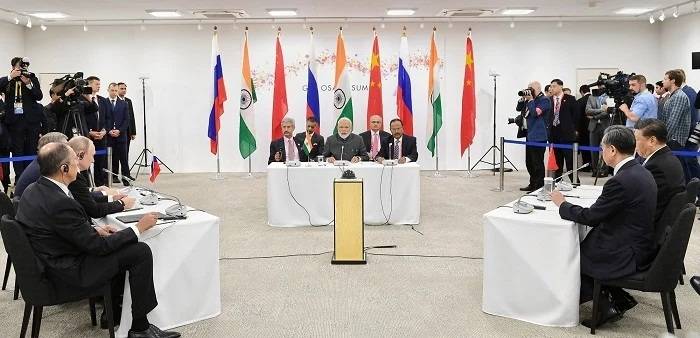
Seven, the Ukraine conflict shows the West’s ability to control narratives at the international level on issues in which they have stakes, and prevent any alternative narrative to develop. The West controls the flow of information internationally through its news agencies, the mainstream media, the social media and the internet. The techniques of information warfare have been developed as part of hybrid warfare and these have been exhibited in the case of the Ukrainian crisis where only one side of the story is being heard even in India where the media is carrying reports and visuals only from western sources which are highly negatively oriented against Russia. This is at variance with the balanced position of the government on the crisis and detracts from our larger national interest. The gap is wide between the position of the government on the crisis and how it looks at ties with Russia and the manner in which the media is projecting the conflict and Russia’s culpability.
Eight, the role of the US controlled social media in the propaganda battle against Russia should be a cause of concern. Meta is making an exception for calls to violence against Russians for its invasion of Ukraine. This is a dangerous precedent being set up, as an exception made once can be made again. As it is, concerns about hate-speech, the use of these platforms to promote violence and even terrorism is a real one, including for countries like India. Social media cannot be allowed to establish its own rules on content outside the jurisdictions of countries in which they operate. The need to regulate the working of the social media has become pressing.
Finally, we are heading toward a more divided and unstable world geo-politically and geo-economically. The existing global structures that in any case needed reform are breaking up. A new Cold War has begun. The crippling of Russian power as a result of the crisis which the West is aiming for will create a void that China will fill. Europe’s ambition to develop a degree of strategic autonomy has been quashed with NATO’s rejuvenation under American pressure and internal European divisions. The US is reaching out to China to persuade it not to support Russia on Ukraine and if it succeeds- for which China will extract a price- the stage would have been set for a G 2 world that China aspires for. This can impact on the Indo-Pacific concept and the Quad. India will now pursue an even more nimble-footed foreign policy to protect its interests in an increasingly challenging external environment.
(Kanwal Sibal is India’s former Foreign Secretary and Ambassador to Russia. Views expressed are personal) (The article was carried under a special arrangement with indianarrative.com)


